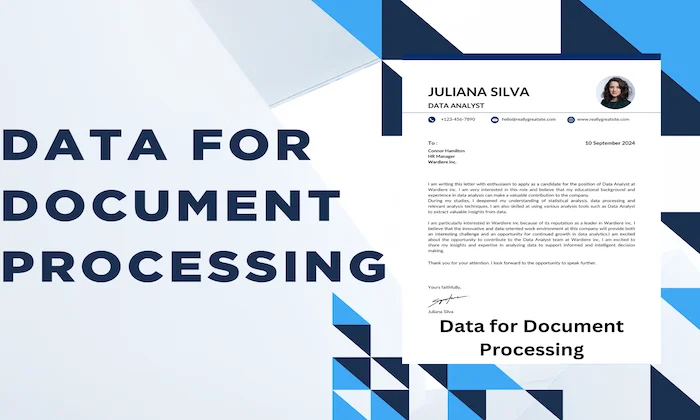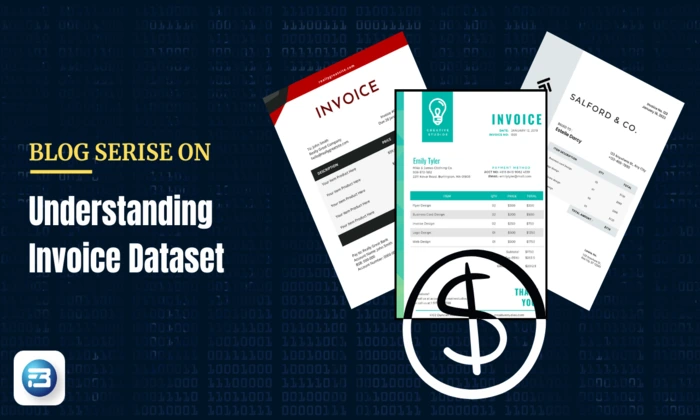Which key metrics define a high-quality AI data provider?
Data Quality
AI Development
Model Training
In today's AI-driven world, data is the backbone of successful machine learning models. Selecting a high-quality AI data provider involves assessing several key metrics. Understanding these metrics helps organizations build robust AI systems capable of delivering real-world results.
Data Quality and Diversity
1.Definition:
- Data Quality: The accuracy, completeness, and consistency of the collected data.
- Diversity: The range of demographics, languages, and scenarios represented within datasets.
2.Impact: High-quality and diverse datasets are critical for training AI systems that can generalize well across different applications. For instance, a speech recognition system trained on varied accents, age groups, and environments will perform better across diverse user demographics.
3.Implementation: Quality assurance processes such as multi-layered reviews and automated checks ensure data integrity. Skilled annotators play a crucial role in reflecting real-world language nuances, which enhances the model's accuracy.
Scalability and Flexibility
1.Definition:
- Scalability: The ability to efficiently handle varying project sizes and requirements.
- Flexibility: The provider’s capacity to adapt to specific client needs, such as customizing datasets for unique applications.
2.Impact: As AI projects grow, data needs can fluctuate. A scalable AI data provider can expand or contract services without compromising quality, supporting startups with small datasets and enterprises requiring extensive data collections.
3.Implementation: Providers often use platforms that automate workflow management and resource allocation, managing multiple projects simultaneously and meeting tight deadlines.
Compliance and Ethical Standards
1.Definition:
- Compliance: Adherence to privacy laws and ethical guidelines throughout the data lifecycle.
- Ethical Standards: Ensuring informed consent, fair compensation for contributors, and the right to withdraw.
2.Impact: Compliance is crucial amidst growing privacy concerns. Non-compliance can lead to legal issues and reputational damage. High-quality providers demonstrate robust compliance frameworks, building trust with clients and users alike.
3.Implementation: Comprehensive consent management systems and regular audits ensure contributors understand data usage. This transparency enhances accountability and ethical compliance.
Provenance and Traceability
1.Definition:
- Provenance: The history of the data, including source and collection methods.
- Traceability: The ability to track this history throughout the data lifecycle.
2.Impact: Understanding data provenance is vital for validating quality and ethical sourcing. Traceability helps identify and mitigate biases, ensuring models are not flawed by skewed data.
3.Implementation: Providers maintain detailed logs documenting the data collection and processing workflow. This includes metadata about contributors and collection conditions, ensuring transparency.
Performance Metrics
1.Definition: Quantifiable measures like error rates in annotations, dataset completeness, and consistency across samples.
2.Impact: Performance metrics evaluate the datasets' effectiveness in achieving project goals. Low error rates in transcription datasets, for instance, improve speech recognition accuracy.
3.Implementation: Regular evaluations using defined metrics help providers identify improvement areas, enhancing current datasets and informing future data strategies.
Common Mistakes in Selecting AI Data Providers
- Potential Pitfalls: One common mistake is underestimating dataset diversity, focusing on quantity over quality. This leads to models that perform well in controlled environments but fail in real-world applications. Neglecting compliance can also expose organizations to unnecessary risks.
Real-World Implications
High-quality AI data providers like FutureBeeAI offer significant advantages by ensuring comprehensive data quality and diversity, scalability, compliance, provenance, and performance metrics. These attributes contribute to developing robust and reliable AI systems. FutureBeeAI’s end-to-end data lifecycle management, from collection to delivery, supports organizations in creating effective and responsible AI solutions.
For AI projects requiring tailored datasets with a focus on quality and compliance, FutureBeeAI's expertise and infrastructure can deliver results efficiently while adhering to ethical standards. Our Yugo platform ensures seamless data management, making FutureBeeAI a trusted partner for scalable AI data solutions.
Smart FAQs
Q. What specific data quality metrics should I consider?
A. Consider accuracy rates, annotation error rates, dataset completeness, and consistency across samples. These metrics ensure your AI models are well-supported by high-quality data.
Q. How can I ensure my AI data provider is compliant with ethical standards?
A. Choose providers offering clear documentation on consent processes, a history of ethical practices, and transparency in data sourcing and contributor management. Regular audits and compliance reports are good indicators of commitment to ethical standards.
What Else Do People Ask?
Related AI Articles
Browse Matching Datasets
Acquiring high-quality AI datasets has never been easier!!!
Get in touch with our AI data expert now!








